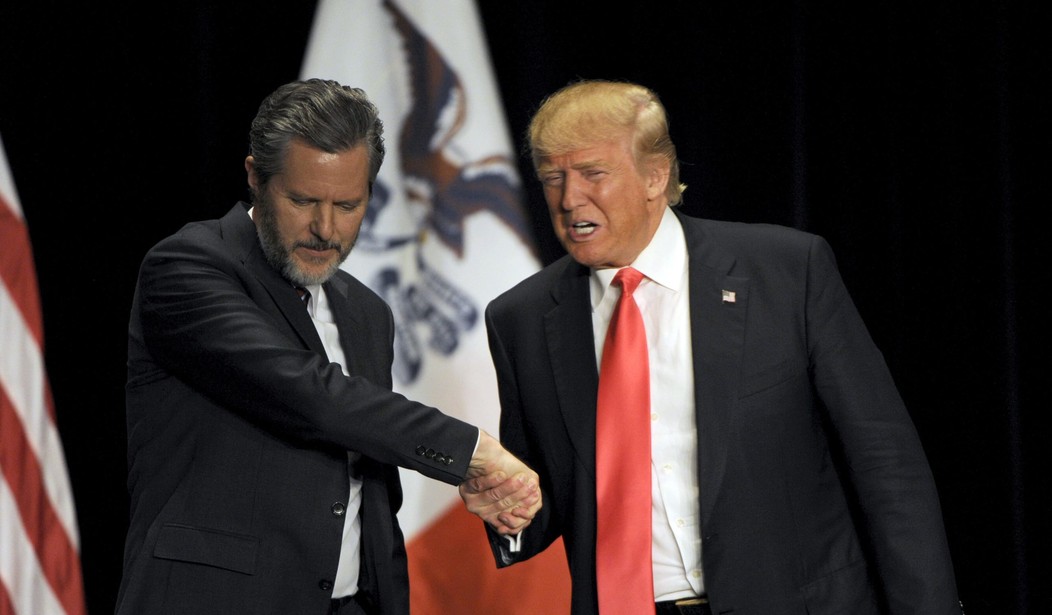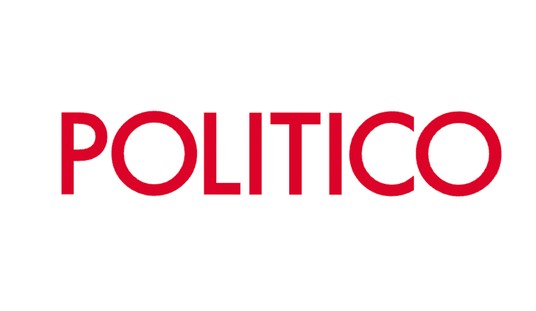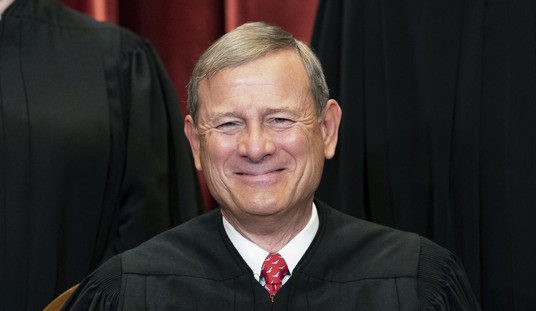A new poll from the Public Religion Research Institute (PRRI) found that 75 percent of self-identified white evangelicals view President Donald Trump favorably, while only 22 percent view him unfavorably. Only 42 percent of Americans overall view Trump favorably. Even so, Democrats and Republicans should not be too quick to read too much into these numbers.
Trump-supporting evangelicals claim to speak for all evangelical Christians, with First Baptist Dallas Pastor Robert Jeffress declaring that the president was “elected with 81 percent of evangelicals, that’s the largest margin in history.” Indeed, Jeffress dismissed a recent anti-Trump meeting among evangelicals as doomed to “have very little impact on evangelicalism as a whole.”
On the flip side, many on the Left excoriate evangelical Christians as hypocritical supporters of the morally compromised president. The far-Left Southern Poverty Law Center has suggested that politically active conservative Christians are bent on establishing Christian “dominionism” over the federal government.
Trump-supporting evangelicals claim the imprimatur of biblical Christianity for their politics, while those on the Left see Trump as proof that white evangelicals are backward: racist, sexist, anti-LGBT, and generally hateful. Neither of these narratives is correct.
PRRI reported that “white evangelical support for Donald Trump has steadily increased over time.” Trump never reached 50 percent favorability among white evangelicals during the 2016 primary season, but by the early fall of 2016, he racked up 61 percent. By the inauguration, 68 percent of white evangelicals viewed him favorably, and that number hit 74 percent in February 2017. Since then, it has not fallen below 65 percent.
The vast majority of white evangelical women (71 percent) view him favorably, while white evangelical men (81 percent) are even more likely to do so, according to PRRI. Even white evangelicals with a college degree favor the president (68 percent), while even more white evangelicals without such a degree (78 percent) view Trump favorably.
These numbers came after longstanding scandals revolving around alleged affairs with porn star Stormy Daniels (Stephanie Clifford) and former Playboy model Karen McDougal. Trump has also notoriously said he has never asked God for forgiveness and his bravado is legendary. Does this evidence prove that biblical Christians are willing to put their politics ahead of their faith and their moral standards?
To some degree, the answer is yes. Another PRRI survey found that white evangelicals were the most likely voting bloc to say that an elected official who makes a moral mistake in his or her private life can still behave ethically in office. In 2011, only 30 percent of white evangelicals said so. In 2016, that number skyrocketed to 72 percent.
After all, 81 percent of white evangelicals voted for Trump in 2016, according to exit polls. Christian Post reporter Napp Nazworth rightly questioned this much-cited statistic, however. Nazworth called this statistic “bogus” because it was “based upon an exit poll and exit polls are some of the least accurate polls,” because it “includes only white evangelicals,” because it “includes only evangelicals who voted,” and because it is “based upon self-identification, not whether the respondent actually holds evangelical beliefs or is active in an evangelical church.”
A Barna Group study in December 2016 found that “notional Christians” — who could perhaps be dubbed “Christians in name only” — proved more essential to Trump’s victory. Notional Christians “consider themselves to be Christian, typically attend a Christian church, but are not born again,” that is, they have not made “a personal commitment to Jesus Christ that is still important in their life today,” and they do not believe that “when they die they will go to Heaven because they have confessed their sins and accepted Jesus Christ as their Savior.”
According to Barna, this group of self-identified Christians who do not believe the key biblical doctrines of salvation has supported the Democratic candidate in every presidential election since 1996. On average, “notional Christians” have supported Democrats by 58 percent. In 2016, Trump won 49 percent of this group (and Clinton took 47 percent). Notional Christians were the largest faith group in the electorate, constituting 58 million votes, according to Barna.
Trump took every single Christian demographic: 79 percent of born-again evangelicals and 56 percent of non-evangelical born-again Christians. Clinton won every non-Christian demographic: 71 percent of voters with a non-Christian faith and 60 percent of skeptics.
Importantly, the Barna study found that the 79 percent evangelical vote that Trump won is the lowest level of evangelical support for a Republican since 1996, when Bob Dole took 74 percent. Former Massachusetts Governor Mitt Romney won 81 percent of evangelicals in 2012 — which itself was smaller than President George W. Bush’s victories and Senator John McCain’s loss in 2008.
Even these specific numbers only took into account the born-again evangelical Christians who voted. Also according to Barna, 41 percent of born-again evangelical Christians did not vote in 2016.
Furthermore, only 45 percent of self-identified evangelicals actually hold evangelical beliefs, according to a 2016 LifeWay survey. Among those who do have evangelical beliefs, 31 percent do not identify as evangelical.
A Pew Research survey released Monday found that, of all major U.S. racial and ethnic groups, blacks are the most likely to identify as Christian or Protestant. Nearly eight in ten black Americans (79 percent) identify as Christian. Only 70 percent of whites, 77 percent of Latinos, and 34 percent of Asian Americans identify as Christian, while 71 percent of Americans overall do so.
Those who hold evangelical beliefs are only 58 percent white, while self-identifying evangelicals are 70 percent white, LifeWay found.
Evangelical Christianity is both broader and different than those who identify as “white evangelicals.” Even those self-identified white evangelicals do not necessarily overlook Trump’s moral faults.
Last week, a Winthrop University poll found that nearly 75 percent of South Carolina’s white evangelicals say Trump stands for their values. Even so, less than half of them said it was accurate or somewhat accurate to call Trump “godly,” “Christian,” or “moral.” A full 36 percent of them said describing Trump as godly would be “very inaccurate.”
“The fact that fewer than half of evangelicals overall would describe Trump as ‘Godly’ or ‘Moral’ suggests that his strength with these groups comes not from modeling pious behavior, but from them viewing him as a bulwark against a culture that they feel is increasingly hostile to them,” Winthrop political scientist Scott Huffmon told the Post and Courier.
Indeed, the Winthrop poll also found that nearly 50 percent of survey respondents said that churches and religious organizations are too involved in politics. “Many South Carolinians appear to worry that churches are becoming too involved in worldly affairs,” Huffmon said, “John 15:19 says that Christians are not of this world and Romans 12:2 says that Christians are not to be conformed to this world. More than half of respondents seem to feel that churches are forgetting that message.”
Tim Keller, an influential evangelical pastor who attended the anti-Trump meeting, said, “There’s now a red evangelicalism and a blue evangelicalism. As the country has become more polarized, so has the church.”
Nazworth corrected this, noting that not all anti-Trump or Trump-skeptical evangelicals are “blue.” Many may even still be Republicans, just not Trump-Republicans. Furthermore, Nazworth rightly quipped, “the notion that Keller has ‘little impact on evangelicalism,’ as Jeffress said, is absurd, as anyone who understands American evangelicalism can tell you. Keller is a popular evangelical theologian, speaker and author.”
The Trump presidency represents a unique challenge for American evangelical Christians, whatever their race. Trump has achieved a great deal to defend the moral priorities of conservative Christians: establishing a new religious freedom branch in the Department of Health and Human Services, reinstating the Mexico City Policy banning federal aid funding going to abortion, and defending Masterpiece Cakeshop baker Jack Phillips in front of the Supreme Court — a Court that now includes Justice Neil Gorsuch.
Biblical Christians should defend the religious freedom victories Trump has achieved, while admitting his moral failings and his divisive rhetoric. More than anything else, evangelicals need to make it clear that their faith trumps their politics.









Join the conversation as a VIP Member